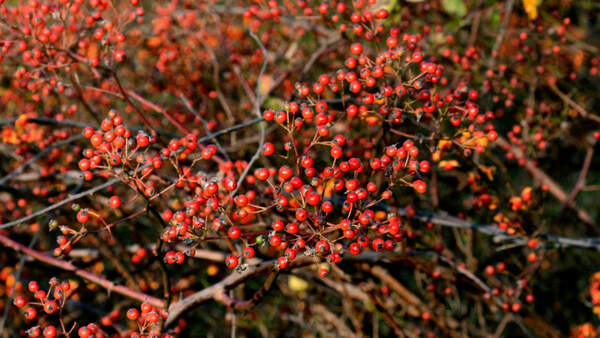MassDOT Launches Latest Statewide Travel Study
BOSTON — The Massachusetts Department of Transportation (MassDOT) recently launched the latest Massachusetts Travel Study, the first comprehensive statewide data collection project in over 10 years.
If invited to participate, residents across the Commonwealth will have the opportunity to share information about their travel behavior and help inform the future of transportation planning and service delivery.
Households across the state will be randomly selected to participate in the study. If chosen, household members will be able to complete a short travel diary and questionnaire that asks about various trip purposes, and travel modes taken. Once complete, every participating household member will receive a gift card for use at select retailers.
Invitation letters are currently being distributed to households and will continue to arrive in mailboxes all across the state throughout the Fall. MassDOT encourages all who receive an invitation to participate in the study, as this data will help MassDOT make capital investment, service delivery, and transportation planning decisions.
For more information about the Massachusetts Travel Study, please visit https://www.mass.gov/
Tags: MassDOT,















